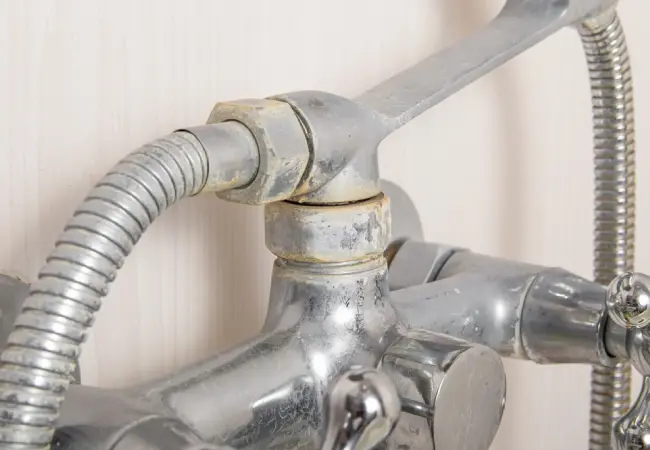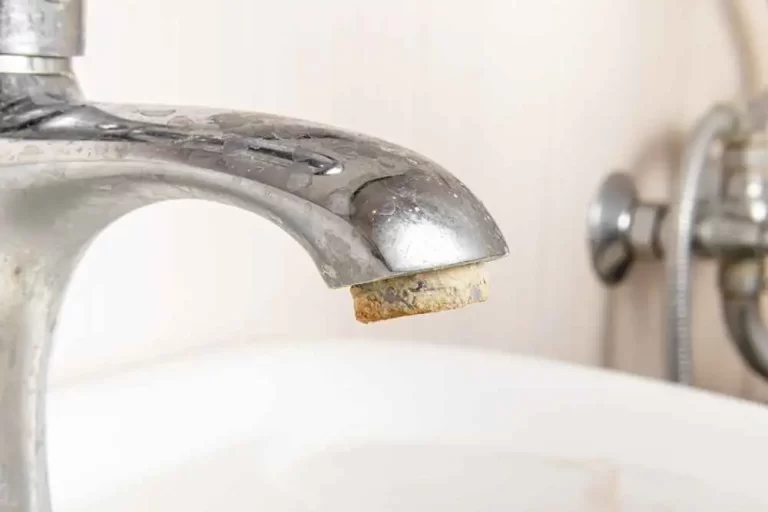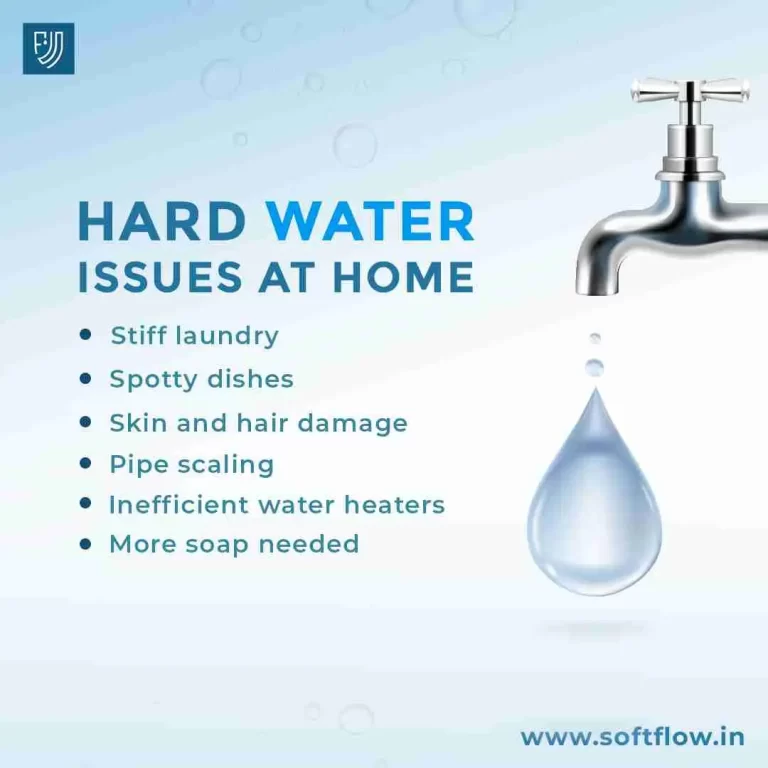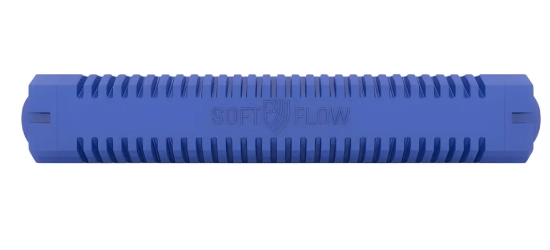
Hard water is a common issue in many households, yet its effects often go unnoticed. High concentrations of minerals like calcium and magnesium found in it can cause some issues in your house. From plumbing issues to skin and hair concerns, hard water can affect your daily life in multiple ways. In this guide, we’ll explore every sign of hard water, explain its causes, and discuss how you can effectively tackle this problem.
When calcium, magnesium, and other minerals are absorbed by groundwater from rocks and soil, hard water forms. Although these minerals are healthy to eat, they can cause some problems in your house. Hard water leads to buildup in pipes, reduces the effectiveness of soaps and detergents, and affects your skin and hair health. Over time, prolonged exposure to hard water can cause costly damages to household appliances, plumbing systems, and even personal care routines.

The impact of hard water is often gradual, making it difficult to recognize until significant damage has already been done. You may take preventative action and save money on repairs by being aware of the early warning signs of hard water. Let’s dive deeper into the most common signs of hard water in your home.
You can save expensive maintenance and repairs by identifying signs of hard water early. Here are some key indicators:

Limescale is one of the most visible and frustrating effects of hard water. This white, chalky residue forms when minerals from hard water accumulate on surfaces like faucets, showerheads, and appliances. This accumulation can eventually obstruct water flow, lower efficiency, and permanently harm fixtures. If you find crusty deposits around your taps, showerheads, or kettle, it’s a clear sign of hard water.
If your dishes and glasses come out of the dishwasher with cloudy spots, streaks, or a filmy residue, hard water is likely the culprit. These marks result from mineral deposits that remain even after the water dries. No matter how much detergent you use, hard water will continue to leave your dishes looking dull and unclean.
Hard water reacts with soap to create a sticky, filmy residue known as soap scum. You’ll notice this stubborn layer on shower doors, tiles, bathtubs, and sinks. Not only does soap scum make your bathroom look unclean, but it also requires extra scrubbing and cleaning effort to remove. Over time, it can also contribute to mold and mildew growth in damp areas.
Have you ever wondered why your clothes feel stiff and rough after washing? Hard water is to blame. Hard water’s minerals hinder detergent lathering, which results in inefficient cleaning. Fabrics washed in hard water tend to lose their softness and vibrant colors more quickly, making them look old and worn out in no time.
Hard water leaves mineral deposits inside pipes, causing a gradual buildup that narrows the water passage. Over time, this can reduce water pressure, increase the risk of leaks, and eventually lead to expensive plumbing repairs. If you notice weak water flow from your taps or frequent blockages, hard water may be affecting your plumbing system.
One of the simplest yet most frustrating effects of hard water is its interference with soap and shampoo. Hard water minerals react with soap, making it difficult to create a rich, foamy lather. This means you have to use more soap and shampoo than usual to get the desired cleaning effect, leading to higher consumption and costs.
When limescale builds up inside your water heater, it creates an insulating layer that forces the heater to work harder to warm water. This reduces efficiency, increases energy consumption, and raises electricity or gas bills. If you’ve noticed a sudden spike in your energy costs, hard water might be the hidden cause.
Hard water can have a metallic, salty, or earthy taste due to its high mineral content. While not necessarily harmful, the taste can make drinking water less enjoyable. Some people also find that hard water alters the flavor of beverages like tea and coffee.
Hard water doesn’t just affect your home—it also impacts your personal care routine in ways you may not immediately recognize.
Your skin becomes dry, tight, and irritated as a result of the minerals in hard water removing its natural oils. This can make moisturizing less effective and may even worsen skin conditions like eczema and psoriasis.
If your hair feels dry, tangled, or lifeless despite using high-quality shampoos and conditioners, hard water might be the problem. The mineral buildup coats hair strands, making them rough and brittle. Additionally, this may result in a flaky, itchy scalp, which would further impair the health of your hair.
Ignoring signs of hard water can lead to significant long-term consequences. The damage isn’t just limited to your plumbing and appliances—your overall quality of life can suffer as well. Addressing hard water issues can save you time, money, and effort while ensuring that your home remains in top condition.

The best way to protect your home from the harmful effects of hard water is by investing in a reliable water softener. SoftFlow F1 hard water softener for home is a simple, maintenance-free solution designed to prevent hard water problems from the start. It uses advanced Sequestration Technology with certified Slow-Phos media, which slowly dissolves as water flows through it. This process isolates calcium and magnesium, keeping these minerals suspended in the water rather than allowing them to stick to surfaces. As a result, SoftFlow F1 helps prevent limescale buildup and protects your home from the damaging effects of hard water.
Hard water can impact your home, plumbing, and personal care routine in multiple ways. Identifying the sign of hard water early and using the right solution can prevent long-term damage. Investing in SoftFlow F1 will help you eliminate hard water issues, ensuring a more comfortable and efficient home environment. Don’t let hard water take a toll on your household—act today and experience the benefits of soft water.
Stay informed about new tips, offers, and product updates.
Brand by Aquaficient Technologies Pvt Ltd.
Aquaficient Technologies Private Limited
#A1&2, Dwarakavasa Road, Bharath Nagar, Bengaluru, Karnataka, 560091.
Get notified with our latest updates and innovations.
© 2024 Copyrights by Aquaficient Technologies Private Limited. All right reserved.
Designed & Developed by SwaParichay Studios